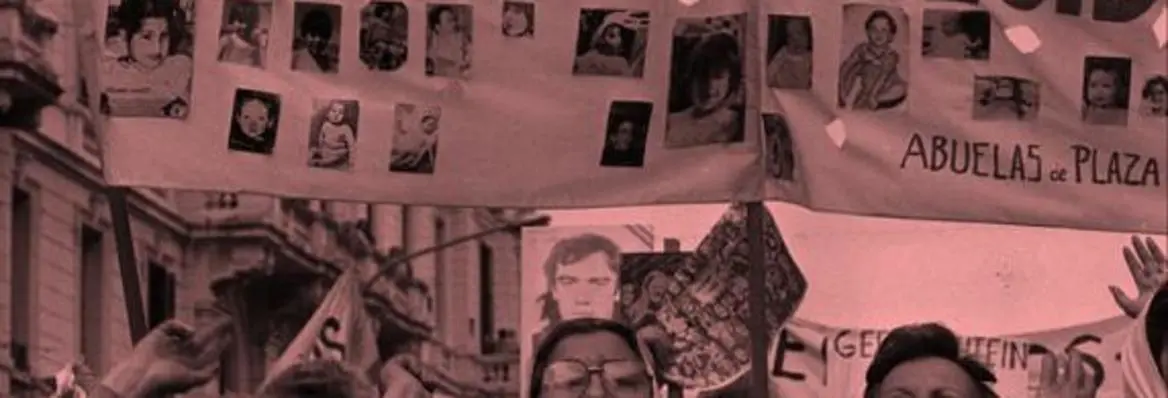What is forgiveness? Is forgiving always a moral and praiseworthy thing to do? Or are there certain acts that are so terrible that they are deemed ‘unforgivable’? Is there, furthermore, a distinction between personal and political forgiveness? These are some of the central questions under discussion in the burgeoning contemporary literature on forgiveness.
Let us begin with how to define ‘forgiveness’. The central debate here is between those who endorse an emotional model, on the one hand, and those who embrace a pluralistic one, on the other. According to the emotional model, forgiveness is conceptualised as an internal matter requiring a change of heart. On this account, forgiveness consists in the renouncing of negative emotions on moral grounds, which exist as a natural response to having being wronged. Although there exists considerable debate about exactly which emotions forgiveness should overcome, many contemporary theorists maintain that forgiveness consists in the overcoming of resentment. This is understood broadly to include various vindictive passions, such as anger; the desire to strike back; hatred; and the desire to see the wrongdoer punished. Critics, however, have pointed out that our response to wrongdoing does not always include emotions. Indeed, even where emotions are felt, these are not always vindictive. For instance, common emotional responses to culpable wrongdoing include sadness, disappointment, resignation, and pity, among many others. In contrast, perhaps a change of emotion is neither sufficient nor necessary for forgiveness. Perhaps forgiveness involves broad and varied practices and what ‘counts’ as an act of forgiveness will depend in part on whether those involved see it as such.
In clarifying what forgiving consists in, we ought to be careful to distinguish it from other related phenomena. Forgiving is, for example, commonly conflated and thereby confused with phenomena such as justifying (coming to see the action as not truly wrong), excusing (coming to see the wrongdoer as not fully responsible for the action), and accepting (coming to see the action as something for which the wrongdoer need not account). Pamela Hieronymi has argued that a legitimate account of forgiveness ought to be both ‘uncompromising’ and ‘articulate’. Overcoming resentment and anger by taking a specially designed pill, or large amounts of alcohol, for instance, would not count as forgiving. Thus, an account of genuine forgiveness ought to be articulate in the sense that it ought to articulate reasons for overcoming resentment. However, it should also be uncompromising insofar as genuine forgiveness ought to articulate reasons for a revision in judgement which do not compromise on the following claims: the act was wrong; the wrongdoer is a morally responsible agent whom we can reasonably expect not to act wrongly; and the victim is worthy of respect and ought not to be wronged. The challenge is that these claims warrant resentment, so how can we rationally overcome it?
___
"Refusing to forgive atrocity can amount to or express a moral stance and it can be a powerful means of resisting wrongdoing."
___
This problem is sometimes expressed in terms of a paradox: forgiveness involves seeing the wrong as culpable, unacceptable, and inexcusable. Nevertheless, at the same time the forgiver (somehow) has to rationally change their judgment about the wrongdoer by overcoming their resentment and ceasing to “hold [the wrong] against her”.





















Join the conversation